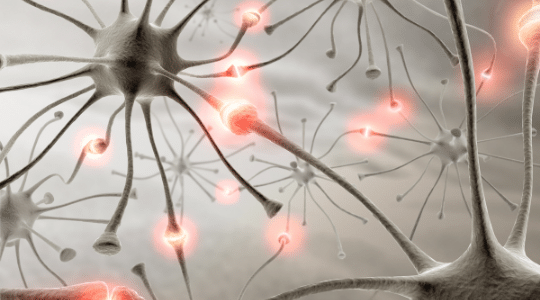Hormonal overeating
Sometimes stop eating feels impossible. You can keep eating and never get full. “Is it something wrong with me?” you could be asking. Eating too much is often more than just an issue of willpower. There are a lot of reasons for overeating and one of them is certainly hormonal imbalance.

What is a hormone?
A hormone is a chemical that is made by specialist cells, usually within an endocrine gland, and it is released into the bloodstream to send a message to another part of the body. It is often referred to as a ‘chemical messenger’. Their role is to provide an internal communication system between cells located in distant parts of the body. Hormones affect many physiological activities including growth, metabolism, appetite, puberty and fertility.
Gut hormones
More than 30 gut hormone genes are known to be expressed, and more than 100 bioactive peptides are distributed in the gastrointestinal tract, which is thus regarded as the largest endocrine organ in the body.
The hormones involved with overeating are:
- Insulin, allows your cells to take in blood sugar for energy or storage
- Leptin, reduces appetite and makes you feel full
- Ghrelin, the hunger hormone
- Cortisol, the stress hormone
- Estrogen, both very high and low levels of estrogen can lead to weight gain
- Neuropeptide Y (NPY), It stimulates appetite, particularly for carbohydrates
- Glucagon-Like Peptide-1 (GLP-1), keeps blood sugar levels stable, and also makes you feel full.
- Cholecystokinin (CCK), is another satiety hormone produced by cells in your gut
- Peptide YY (PYY), is another gut hormone that controls appetite
Hormones work together to increase or decrease appetite and fat storage. If the system doesn’t work properly, you may find yourself struggling with weight issues on an ongoing basis.

How do we restore gut balance?
Before talking about restoring the gut balance let’s note what it causes this system to malfunction. Your body tends to adapt to consistent repetitive actions, like when you are building muscles when you go to the gym. If you suddenly stop exercising you are consistently repeating a different action that gives no positive impute to your body and so you will start losing muscles and put on fat.
It works the same way for your gut, but can you stop eating all together? Of course, no…
What impact negatively your gut microorganism is the food you ingest. Millions of living bacteria live inside our digestive system and we can simply divide them between good bacteria and bad bacteria.
Both need to be fed and both prefer different types of food. When you eat heavily processed food or refined sugar you are feeding the bad guys, those tend to increase appetite hormones and reduce the one that cause satiety. When this bad meal is high in repetitions and happening consistently, it becomes a bad habit, causing you to feel hungry all the time and never feel full after a meal.
On the other hand, when you eat plenty of fibrotic vegetables (including seeds and nuts) you are feeding the good guys. This done repeatedly and consistently will balance the hormone production in your gut increasing the sense of fullness after a meal and control appetite.
Another good way to increase the numbers of the healthy bacteria in your gut is to eat food packed with probiotics like yogurt (generally fermented food).
Conclusion
The endocrine system in our bodies is a communication system that uses hormones released in our bloodstreams. Those regulate different functions including growth, metabolism, appetite, puberty and fertility.
Most of the hormones that regulates appetite and satiety are generated in the gut. The digestive system has millions of bacteria, good and bad, that help to balance the hormones productions.
A healthy gut flora help you control appetite and reduce hunger.
Contact Us
Whether you have a busy lifestyle and are unable to put in long hours exercising, or you simply want some extra weight loss tips to supplement your exercise routines, here at Umax Fitness, we are happy to help. For more information and tips, feel free to fill out our contact form or get in touch by calling us on 07508531855 to speak to us directly. We will be glad to answer any questions and concerns about how diet and exercise can help to reach your personal fitness goals.

